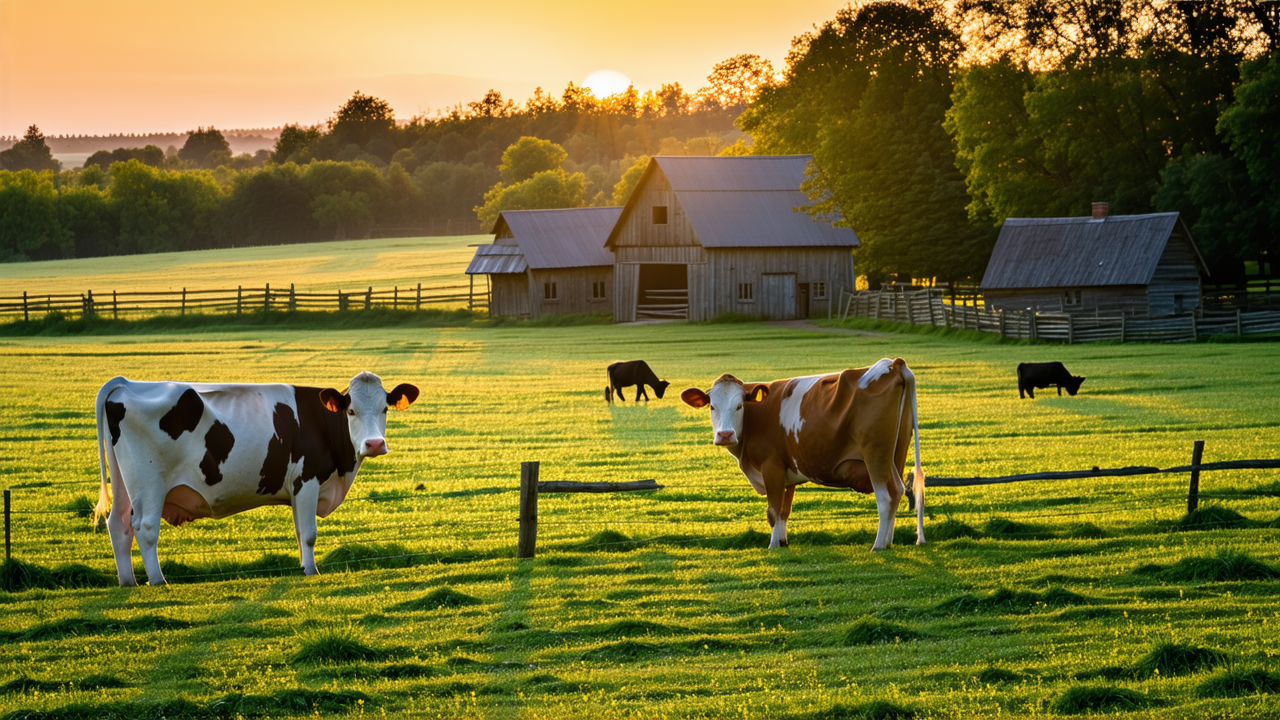Pāmu Forecasts Record Profit in Major Turnaround as Dairy and Meat Prices Surge
Pāmu Forecasts Record Profit in Major Turnaround as Dairy and Meat Prices Surge
New Zealand's largest pastoral farmer, Pāmu, has announced a significant financial turnaround, forecasting a record after-tax profit of between $119 and $122 million for the fiscal year ending June 2025. This marks a dramatic shift from the previous year, when the state-owned farming enterprise reported a $26 million loss. The improved financial outlook is attributed to record-high dairy prices, strong livestock values, and robust international demand for New Zealand's agricultural exports.
Pāmu, which manages over 360,000 hectares across 112 farms in Northland to Southland, has been able to offset the impact of extreme weather events such as droughts and floods in the Central North Island. The company's chief executive, Mark Leslie, emphasized the importance of operational efficiency, productivity gains, and strategic management of pasture and livestock in achieving the turnaround.
"We are laser-focused on core farming activities and operational excellence initiatives," Leslie said. "Productivity gains through targeted pasture and livestock management have been key to the turnaround in performance. Market-driven conditions—such as high international demand supporting milk, beef, and lamb prices—have contributed to revenue outcomes, offsetting weather-related challenges."
Strong export demand has significantly boosted farmgate prices for beef and lamb, with beef prices rising above the five-year average, particularly in key markets like the United States. Lamb prices have also continued to climb due to sustained demand and reduced slaughter volumes nationwide.
The company is also forecasting a net operating profit of between $56 million and $66 million for the 2026 financial year, although it acknowledges the risks posed by potential adverse weather events, commodity price volatility, and geopolitical tensions. Pāmu's full-year audited results are expected to be released in late August.
Despite the positive financial outlook, Pāmu has faced criticism over its commercial performance in recent years, with some calling for the government to consider selling the enterprise. However, with its current trajectory, the company appears to be on a path toward long-term stability and profitability.
This development highlights the resilience of New Zealand's agricultural sector and the potential for state-owned enterprises to adapt and thrive in challenging global markets. As the world continues to demand high-quality agricultural products, Pāmu's success could serve as a model for other large-scale farming operations across the country.
